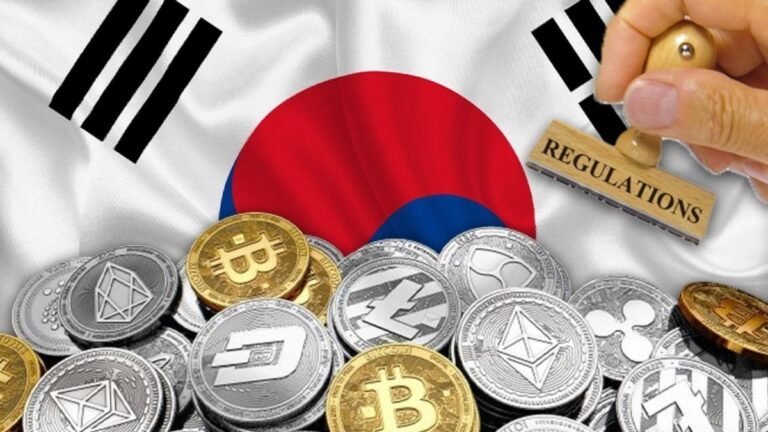In South Korea, Asia’s technology hub, the casino industry is quietly going digital. One of the most significant changes currently being piloted is the move to a cashless platform based on blockchain-based identity verification. This is not simply a matter of eliminating cash from casinos, but rather a strategy to transform the safety, security, and efficiency of the gaming environment.
The traditional casino model has always been based on real money, manual verification, and paperwork. However, as innovation continues, businesses across the board, and even the gaming industry, are looking to become smarter and more secure. With its robust technology infrastructure and innovative digital policies, South Korea is currently exploring how blockchain-based identity verification can help casinos create a fully cashless culture.
The Push Toward a Cashless Experience
The concept of a cashless casino may sound like science fiction, but it is already in the testing phase. Cashless transactions enable smoother operations and reduce the risks associated with handling large amounts of cash. It also offers faster play, faster settlements, and greater convenience for players who no longer need to carry cash or chips around the casino.
But going cashless means a change in how we handle personal information. Casinos need to be able to identify and verify individuals without relying on identification documents like driver’s licenses or passports. Blockchain meets this requirement.
What is Blockchain ID Verification?
Blockchain ID Verification is an internet-based process that uses blockchain technology to verify an individual’s identity. The technology allows individuals to store and verify their personal information in a secure and tamper-proof manner. Unlike physical IDs that individuals must obtain every time they visit a casino, virtual identities can be used multiple times once verified without compromising security or privacy.
This system allows casinos to verify a customer’s age, country of origin, and identity without having to physically review the documents. This will help casinos comply with regulations without placing additional burdens on customers, even in Korea, where casino regulations restrict entry to residents.
Korea is known for its leadership in technology adoption. From AI services to mobile payments, Korea has been leading the digital future. In particular, Korean casinos that cater to foreign tourists are considering how blockchain verification can improve customer experience while meeting strict regulatory requirements.
Both authorities and casino operators want solutions that monitor in-game activity, filter out fraud, and monitor responsible gaming practices without compromising user privacy. Blockchain could be one answer to all of these needs. Blockchain stores sensitive information in an encrypted and decentralized manner, making it more difficult to hack or exploit. At the same time, it gives players more control.
Benefits for the Casino Industry
A blockchain ID system could make almost every aspect of a casino’s operations more sophisticated. It could reduce the time it takes for employees to manually verify IDs. Players could log into the gaming network, make purchases, and withdraw winnings with a tap or scan. It could securely protect winnings and losses, increasing player transparency and helping regulators monitor risky behavior patterns.
It could facilitate entry and registration for international visitors without compromising compliance. It could minimize the risk of identity fraud or the submission of forged documents in the industry. A more streamlined and open process would allow casinos to focus on fun, not paperwork.
Challenges Ahead
All of these benefits come with their own set of challenges. Blockchain-based identity systems require a robust legal framework and citizen trust. Individuals may be concerned about who can see their information and how it is used. Not everyone is ready for a fully digital system, especially when it comes to personal issues like gambling or identity verification.
In addition, the infrastructure needs to be built to enable blockchain verification at all points of interaction (entry points, payment counters, gaming stations, web portals, etc.). These systems need to operate in real time and be resilient to technical failures or downtime.
Regulators, technology providers, and casino operators also need to work together. They all need to find common standards, security, and ways to resolve differences. Even the best systems will not work if the regulations are not clearly defined and the public is not educated.
A Glimpse into the Future
The introduction of cashless solutions in Korean casinos based on blockchain identity verification is the beginning of a transformation that is coming. It is the first step towards a new, more efficient, and responsible gaming space. This transformation is only just beginning, but it holds immense potential.
This is not a shift in convenience, but a shift that makes the gaming experience safer, fairer, and smarter. This can be done right, and Korea can be a model for building a healthy and profitable casino market by leveraging technology. A place where the thrill of play and modern safety are in harmony.
Disclaimer: Gambling involves financial risk and can be addictive. Participate responsibly and only if you are of legal age.














